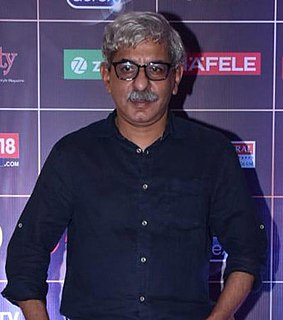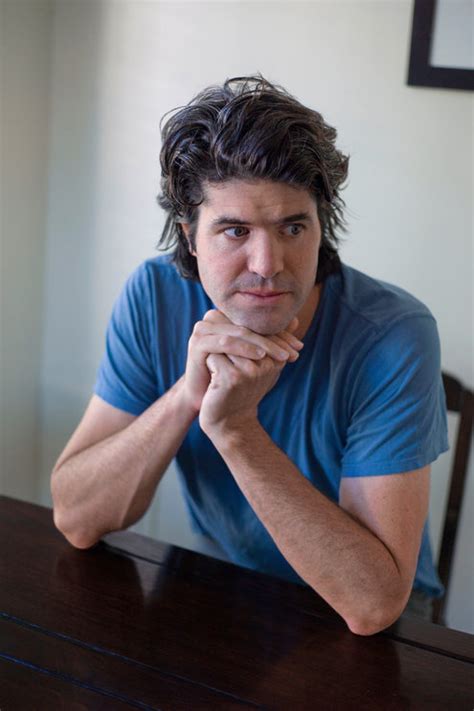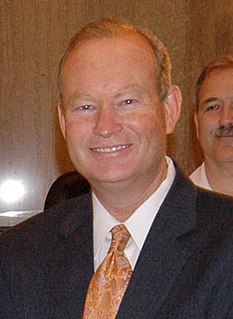A Quote by James Wan
A lot of these types of films - the vigilante or revenge drama - were so popular in the '70s because there was a feeling in the culture of loss of control.
Related Quotes
Because revenge is a very known feeling in American culture, there's a certain element of an eye for an eye. There's the saying, 'Be careful what you wish for, you might get it.' When you wish for revenge, and you think you've gotten it, what happens then? Revenge is just a really good drive for drama and good action.
Because revenge is a very known feeling in American culture, theres a certain element of an eye for an eye. Theres the saying, 'Be careful what you wish for, you might get it'. When you wish for revenge, and you think you've gotten it, what happens then? Revenge is just a really good drive for drama and good action.
Richard Donner made great movies. Seminal movies. The Academy, though, and we have to be careful here, should recognize popular films. Popular films are what make it all work. There was a time when popular movies were commercial movies, and they were good movies, and they had to be good movies. There was no segregation between good independent films and popular movies.
Each form of the acting is different. I think it keeps your mind active. TV, film and theater are different disciplines, as are independent films, opposed to studio films. There are differences in the size and the genre, or a period drama as opposed to a contemporary drama, or the types of characters.
I'm really interested in mythology and folklore. I'm interested in moralities, why we're here, faith... all of these bigger questions that I think we can place in films that allow us to question and give us a safe place to feel. Those types of questions can pop up in all sorts of different types of films - drama, comedy, action movie.
When I started acting in the film industry when I was 16 years old, in 1980, I was going to all the revival theaters in Los Angeles. They were playing mostly films from the '60s and '70s, some from the early '20s and '30s, before that Hays commission. Those films did question things a lot, and there definitely was a switch in 1934. You can see very distinctly in 1934, it's harder to understand what the real culture was. Films made before 1934, you can really kind of see the racism, sexism, drug use, etc. that was going on at that time. And then it was all stopped.
For me, the stamp that I impose on stuff comes from the fact that in the '80s, when I was starting to write movies, I looked back to the '70s. So the films I enjoyed as a kid were the thrillers that came out of the '70s. Back then, you didn't have action movies; you had adventure films or thrillers.

































